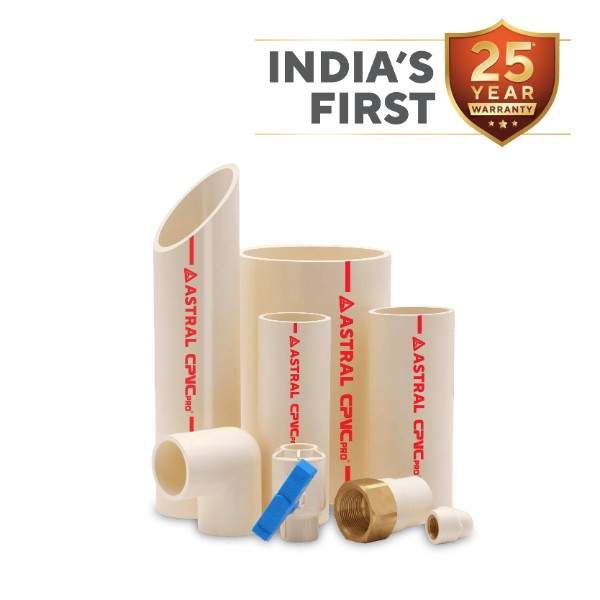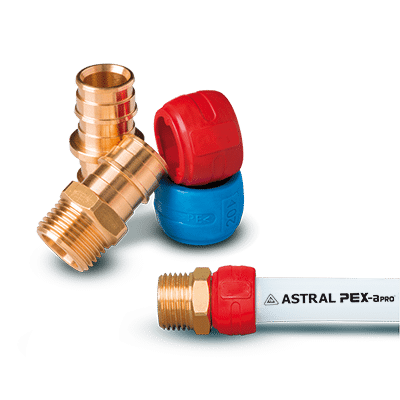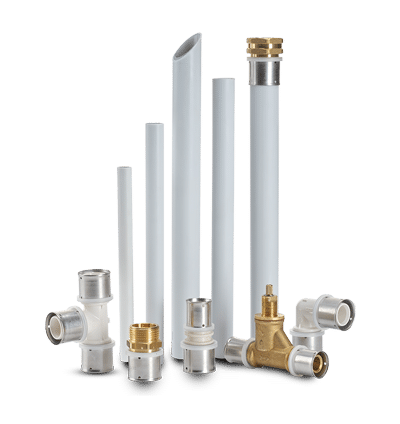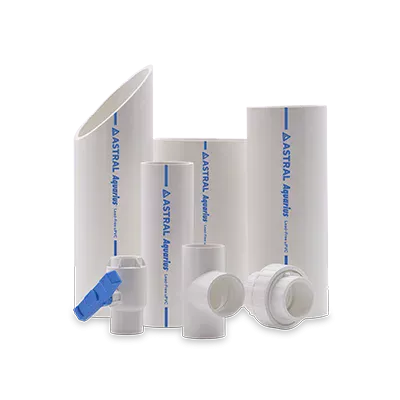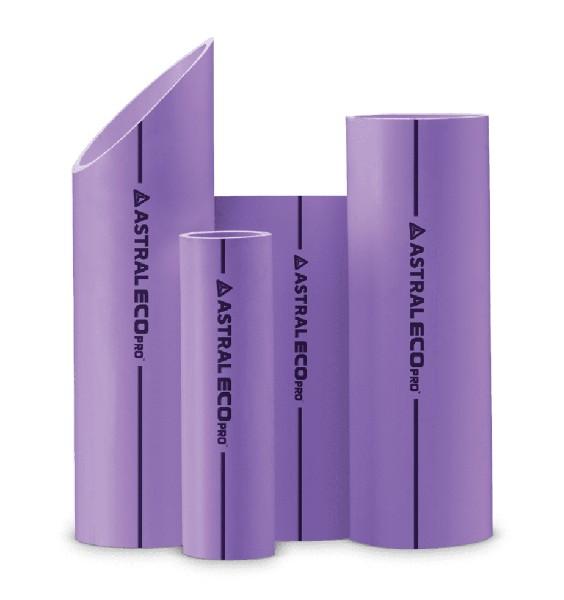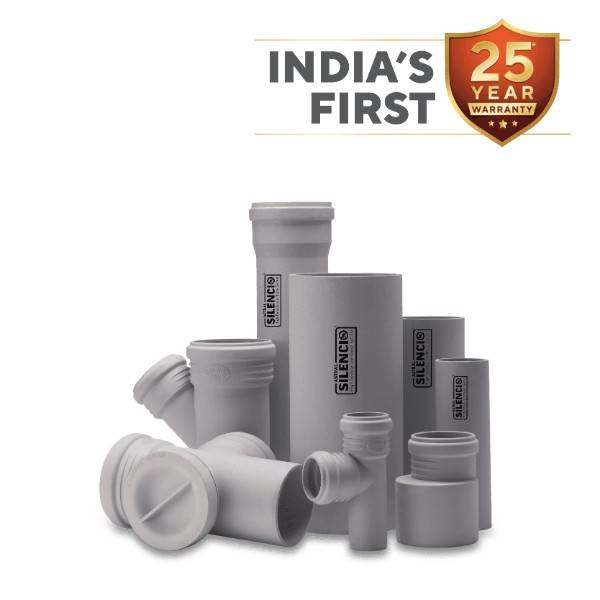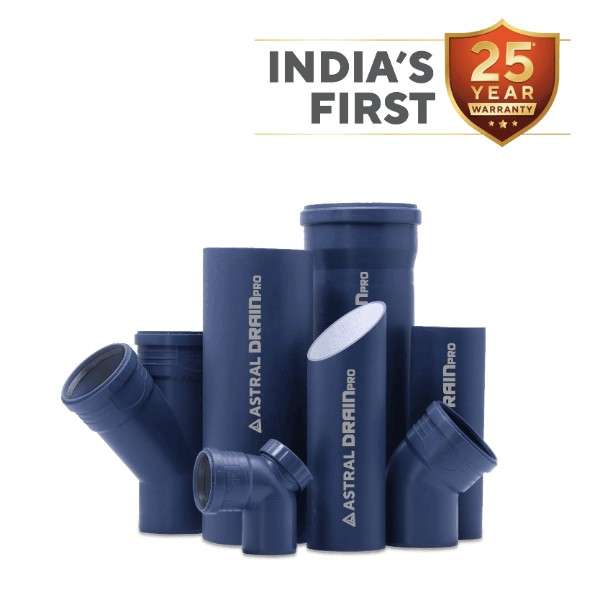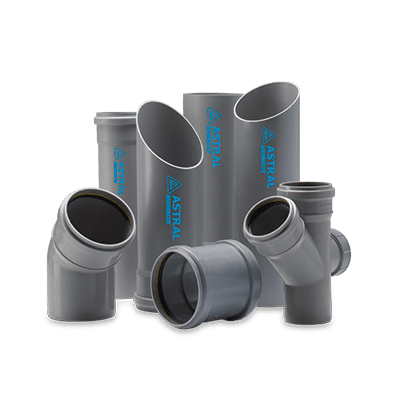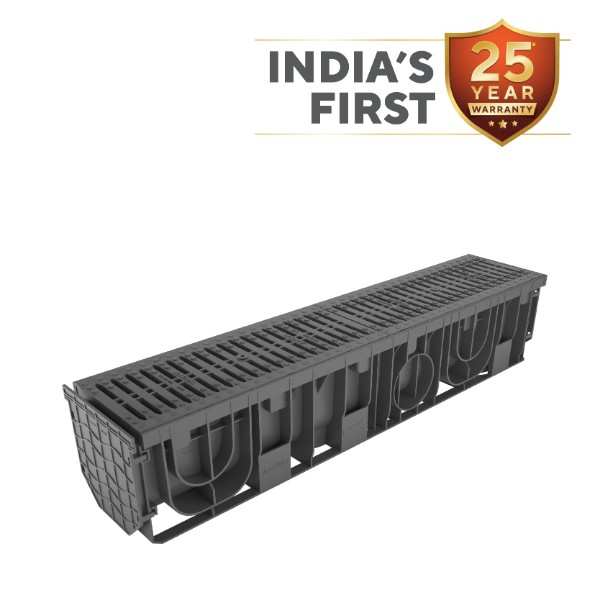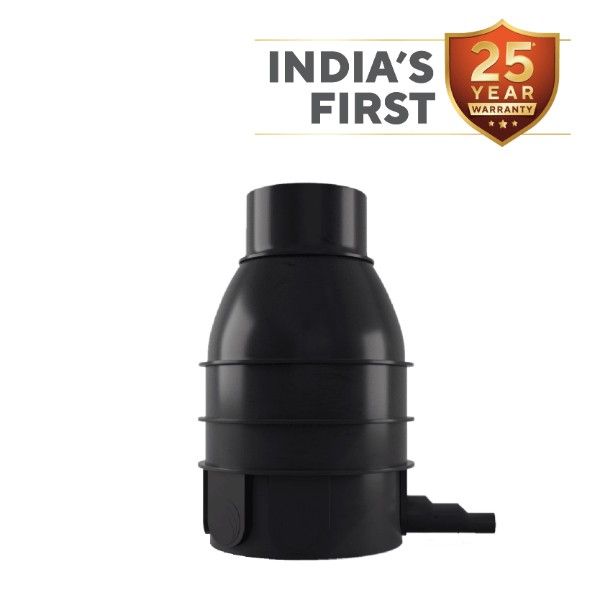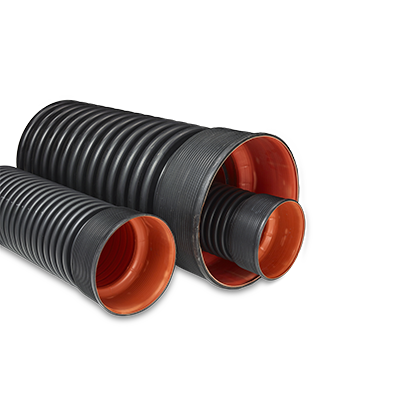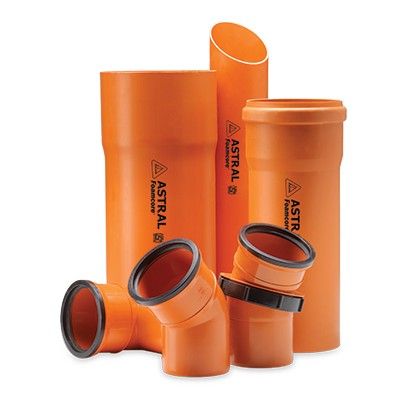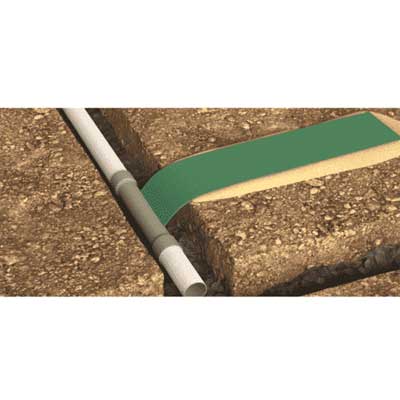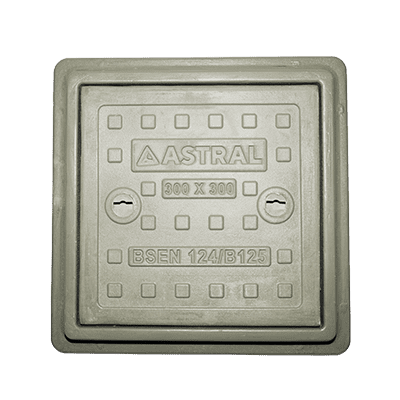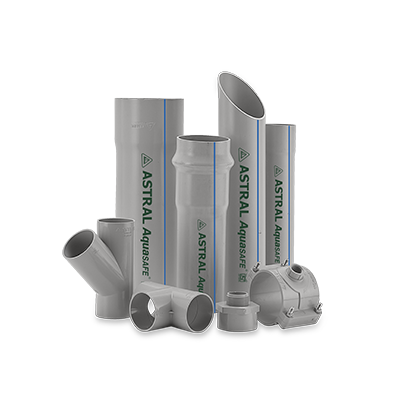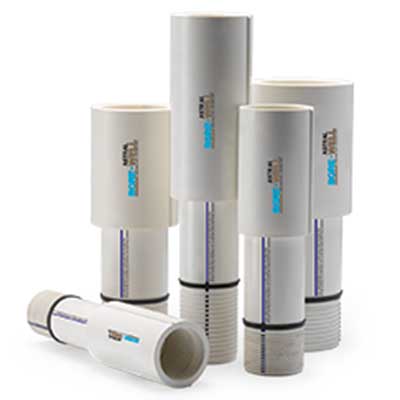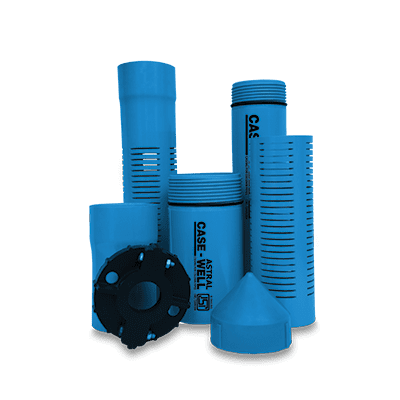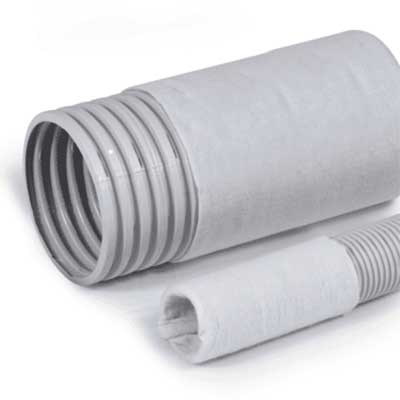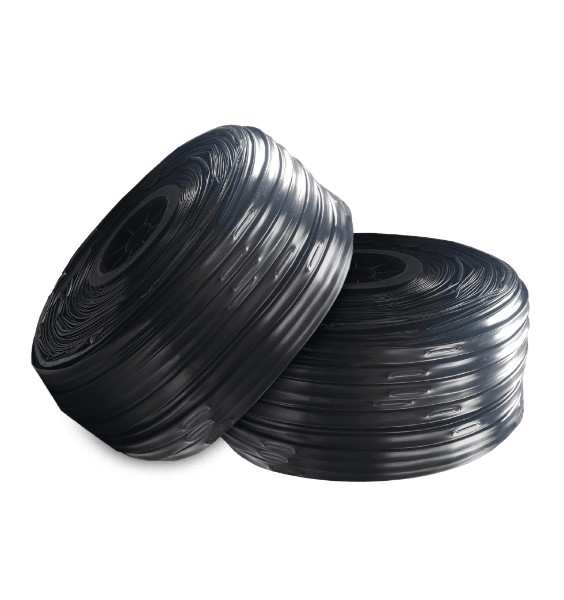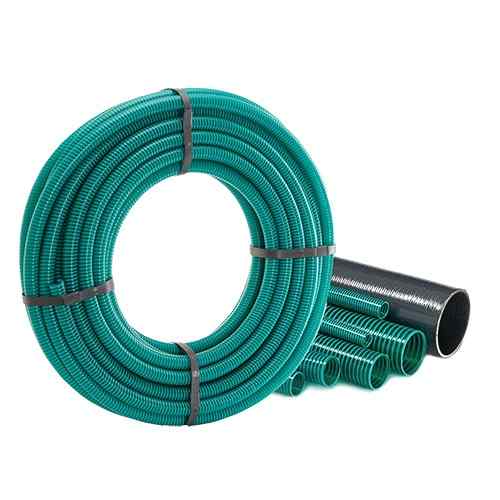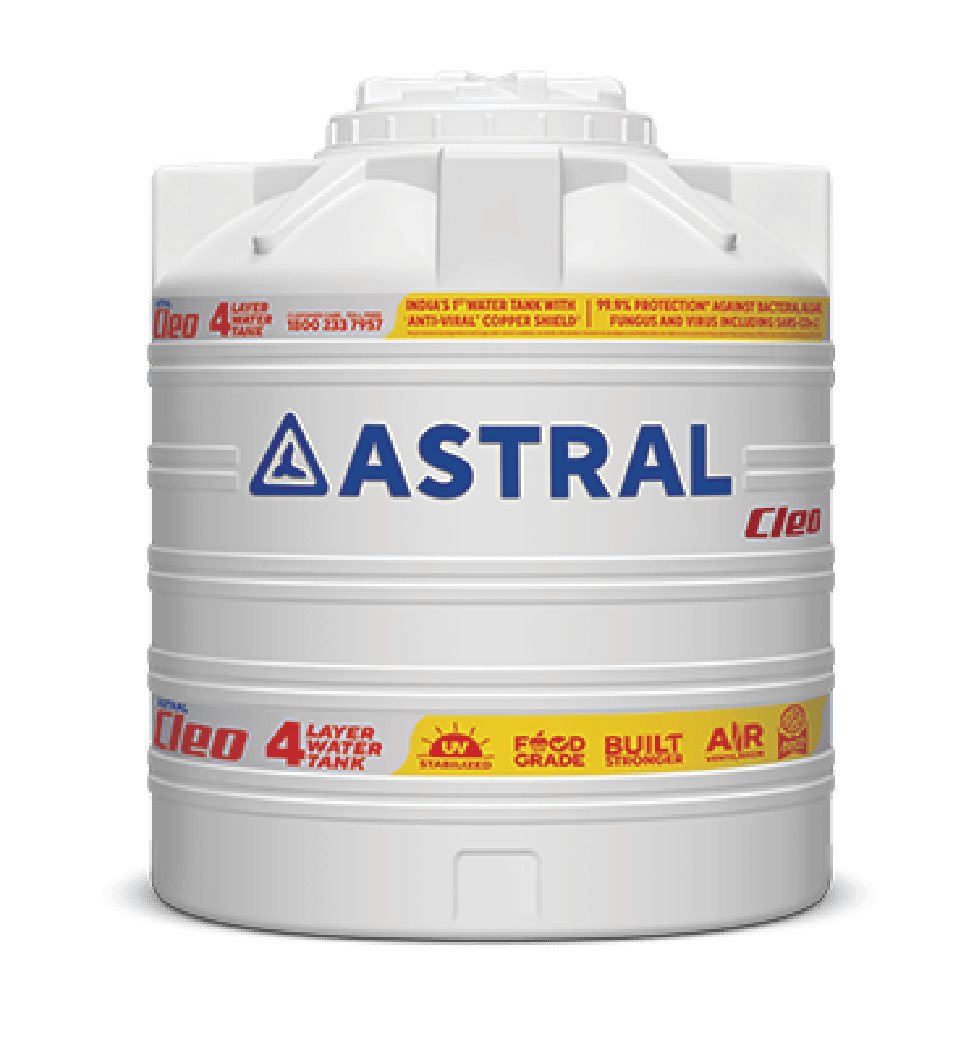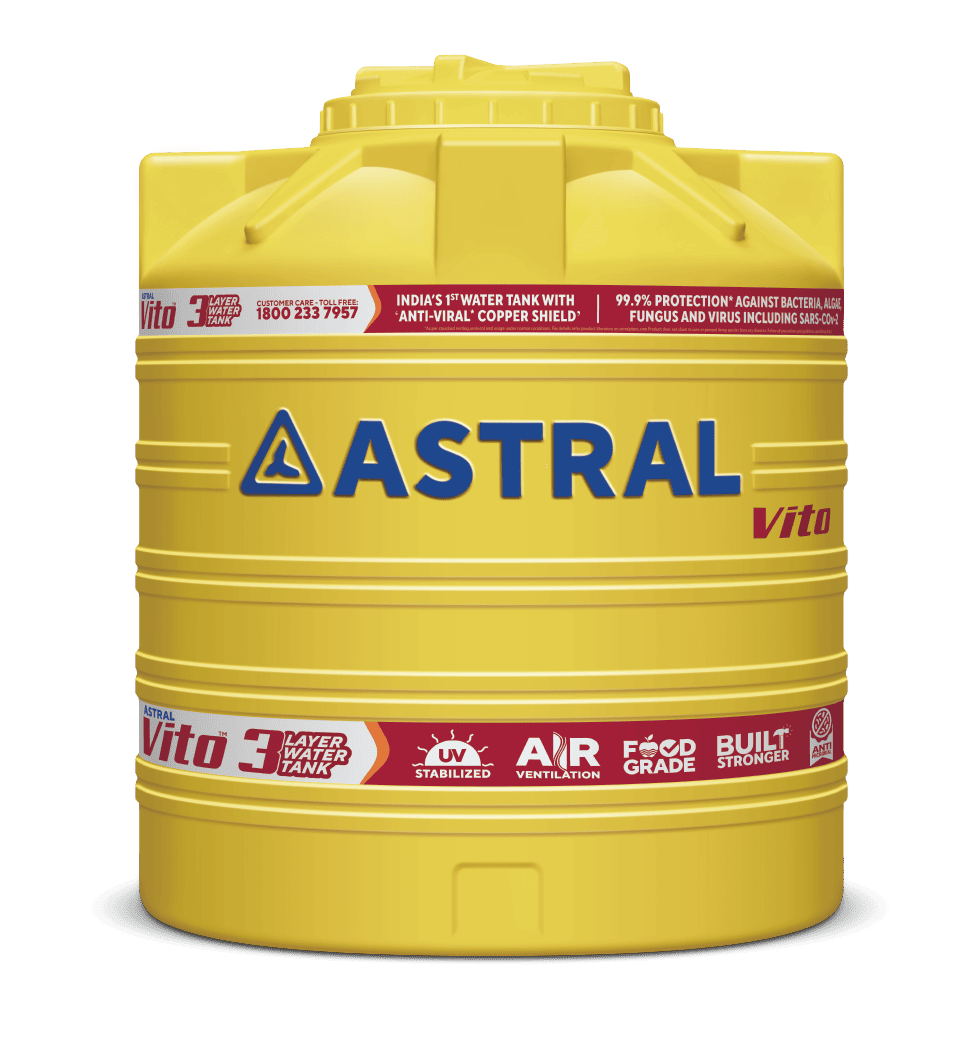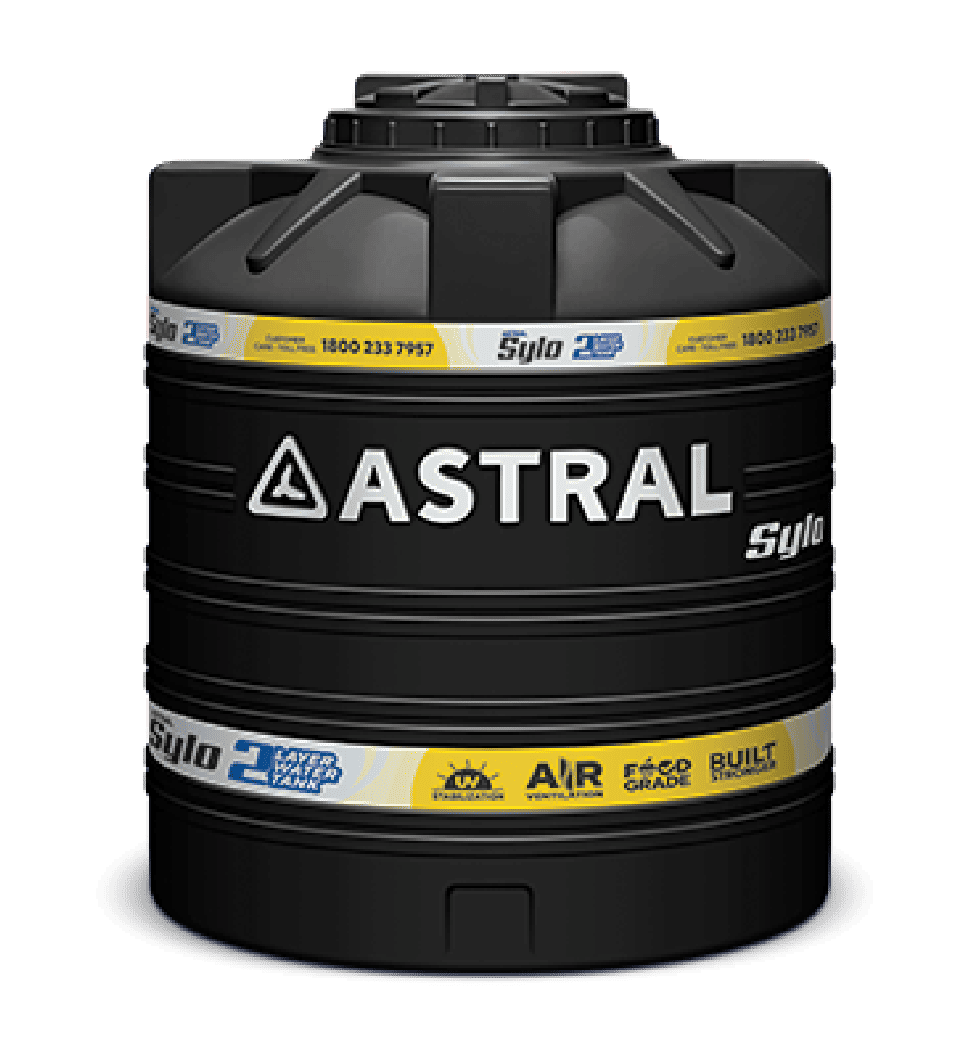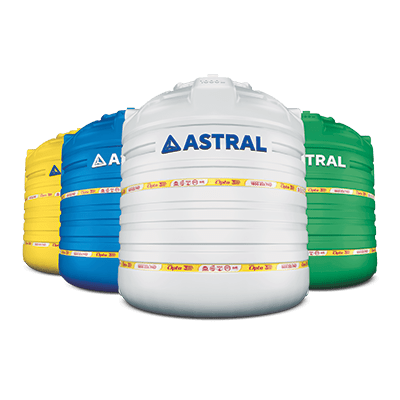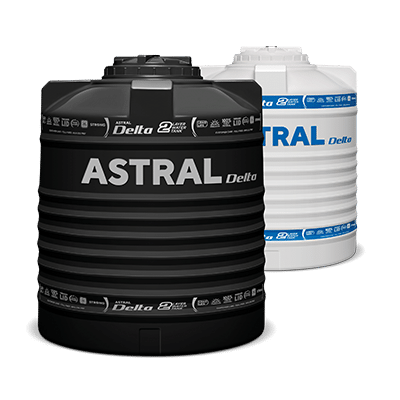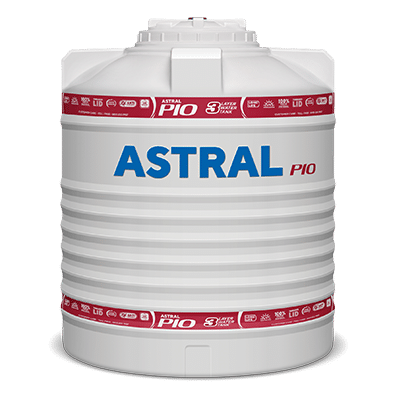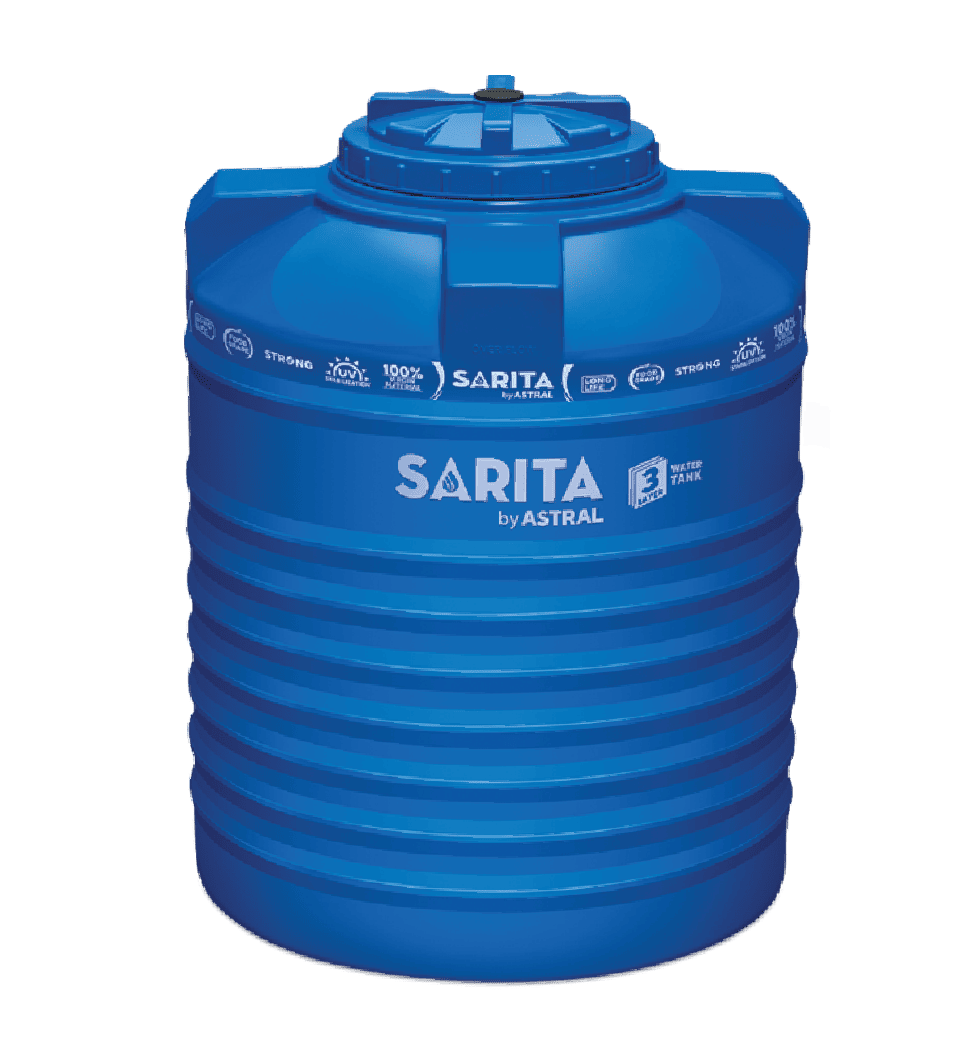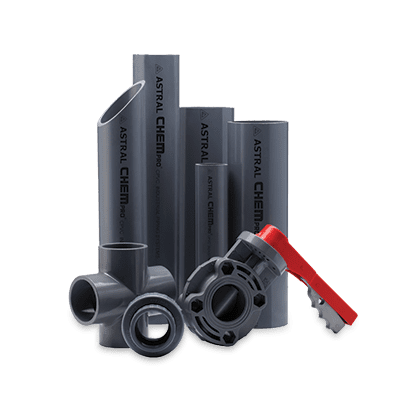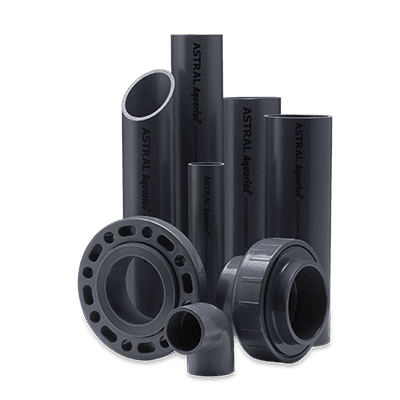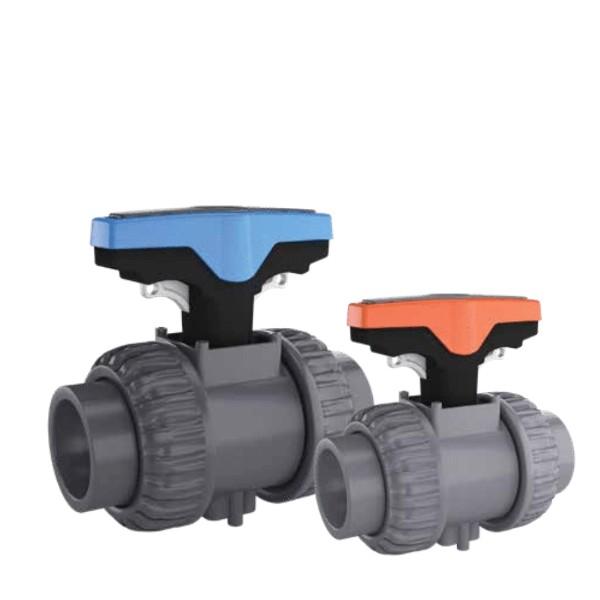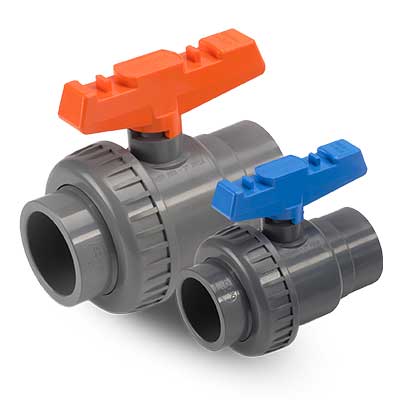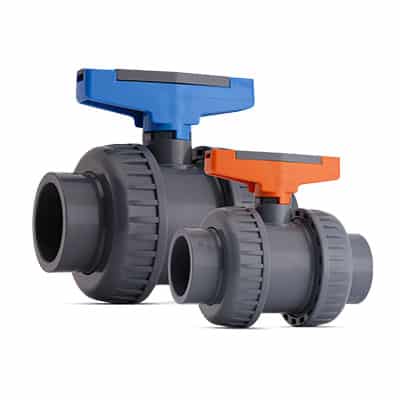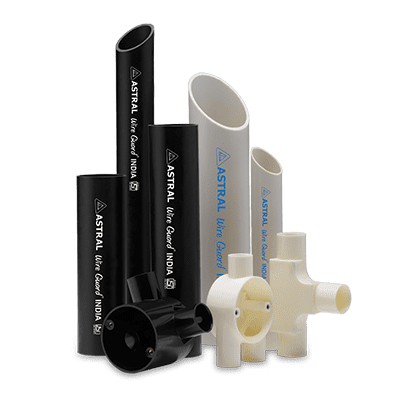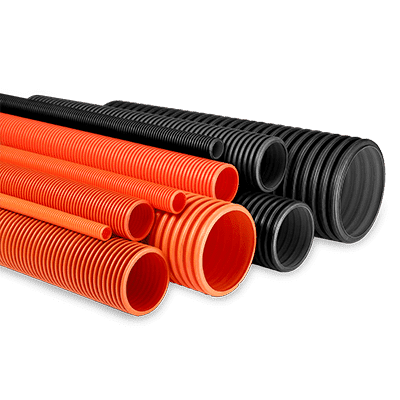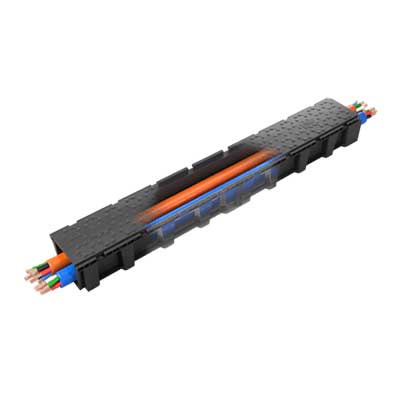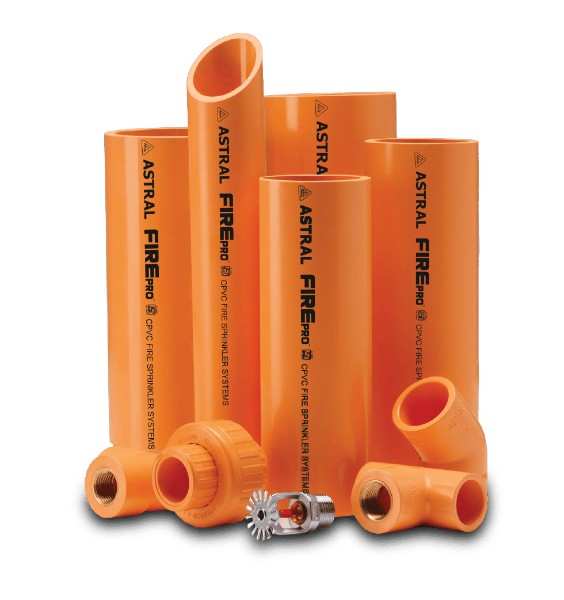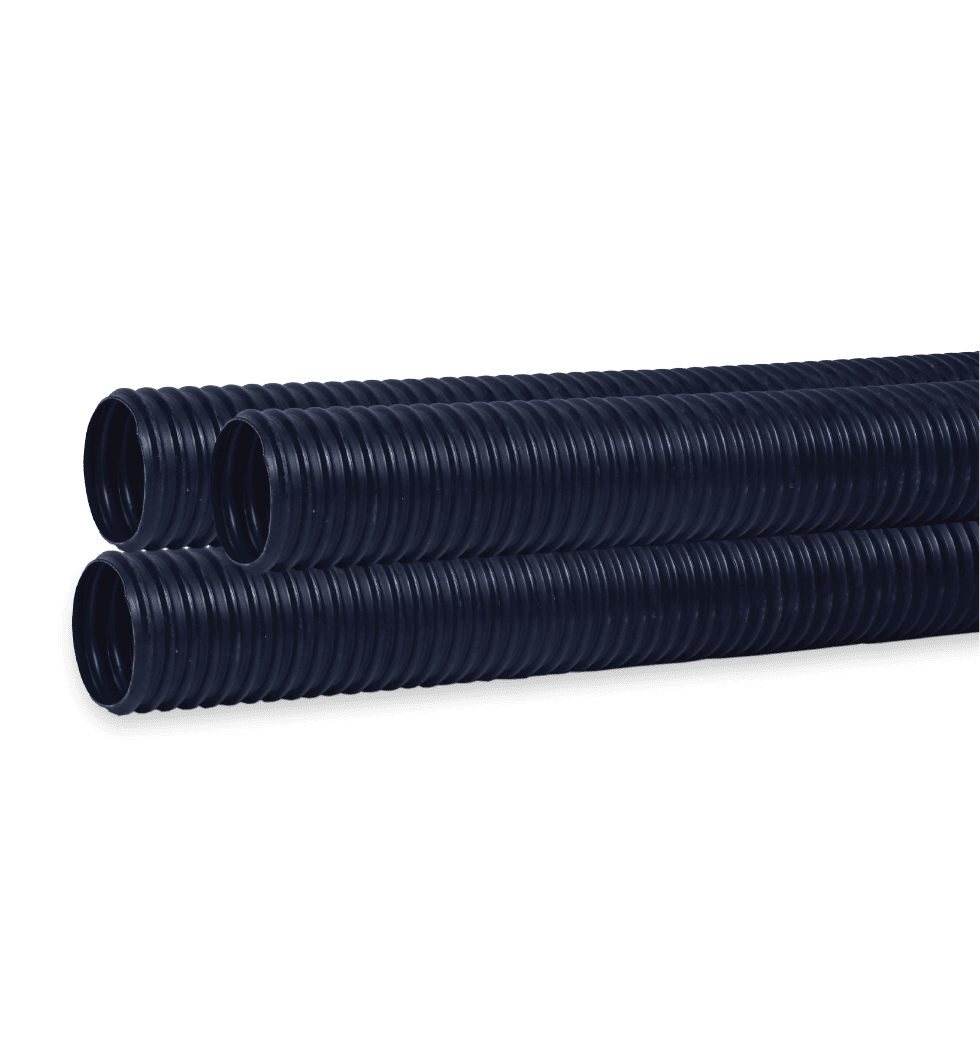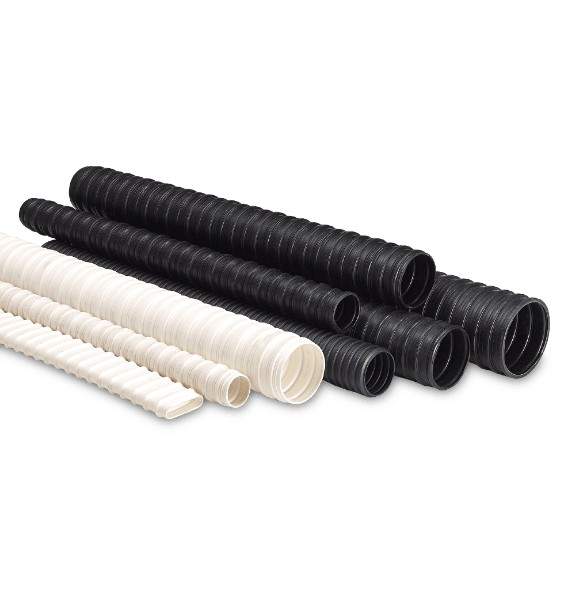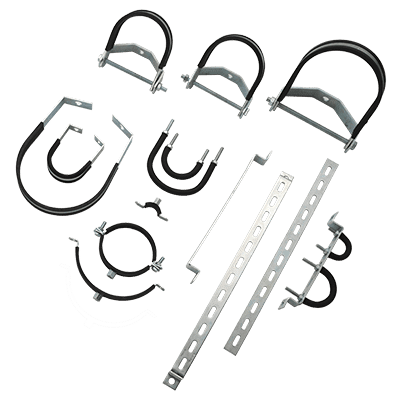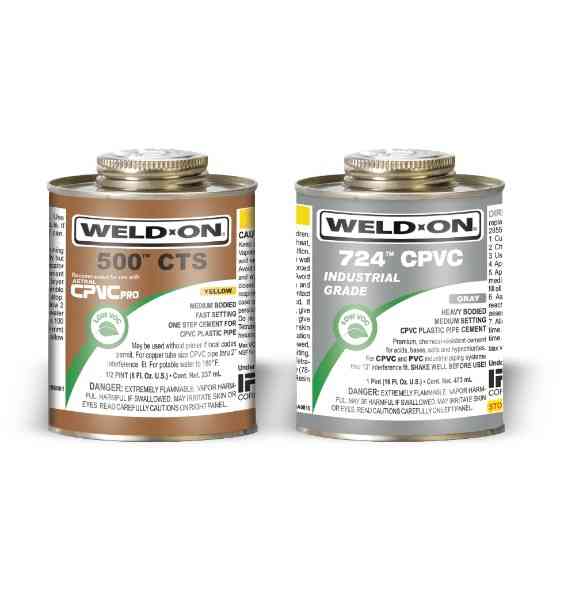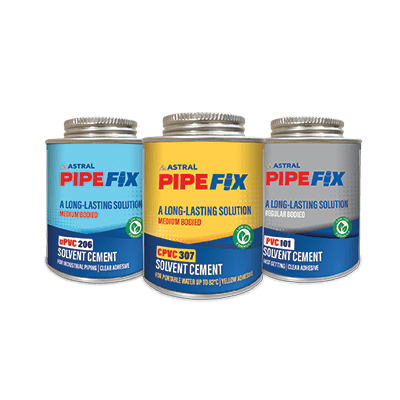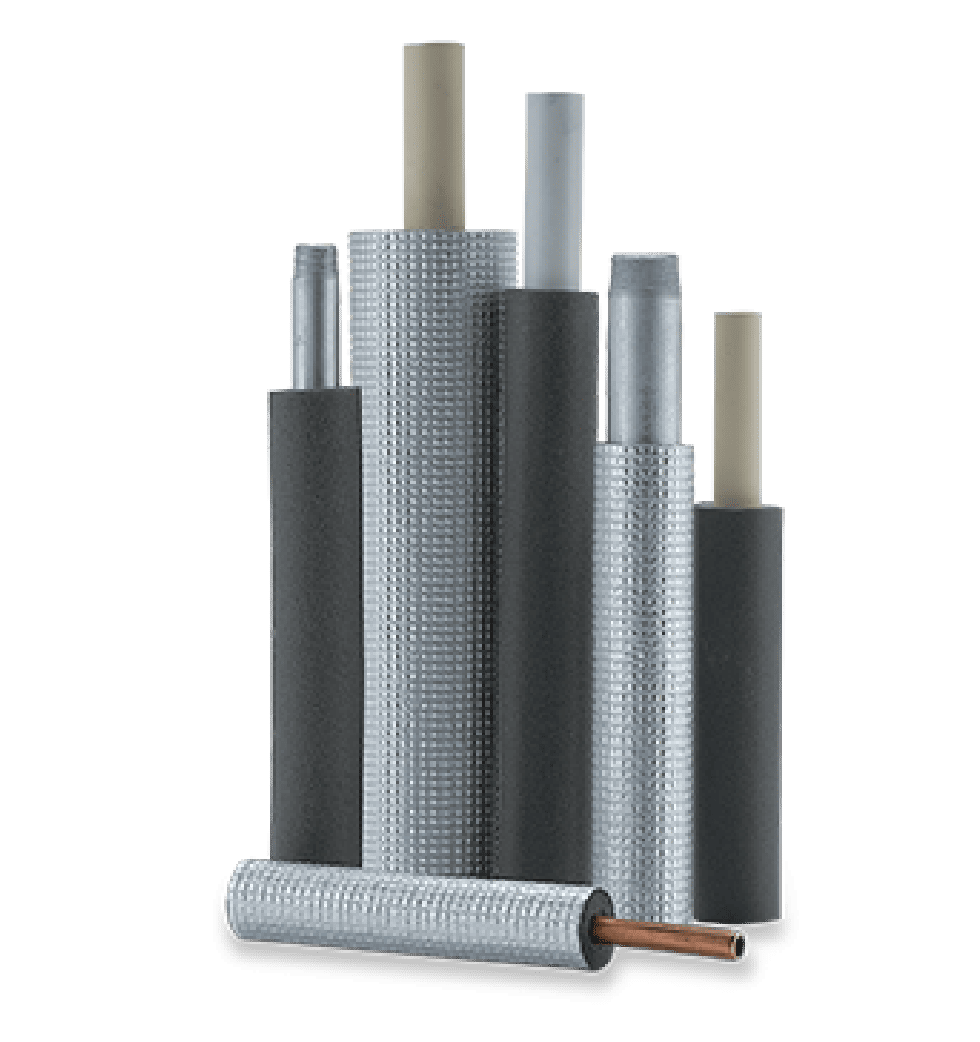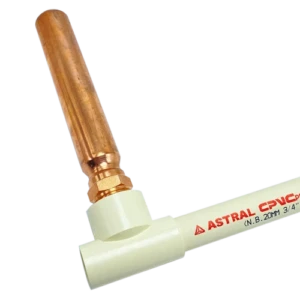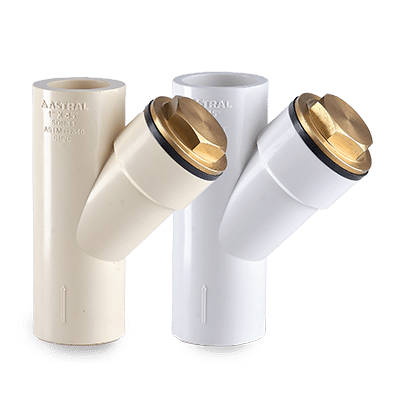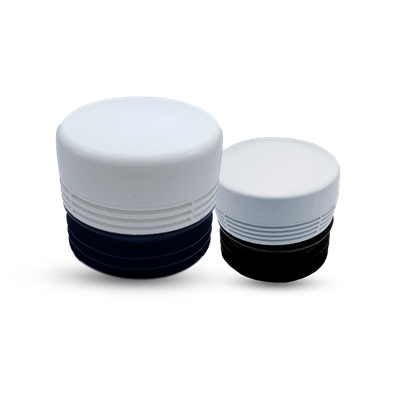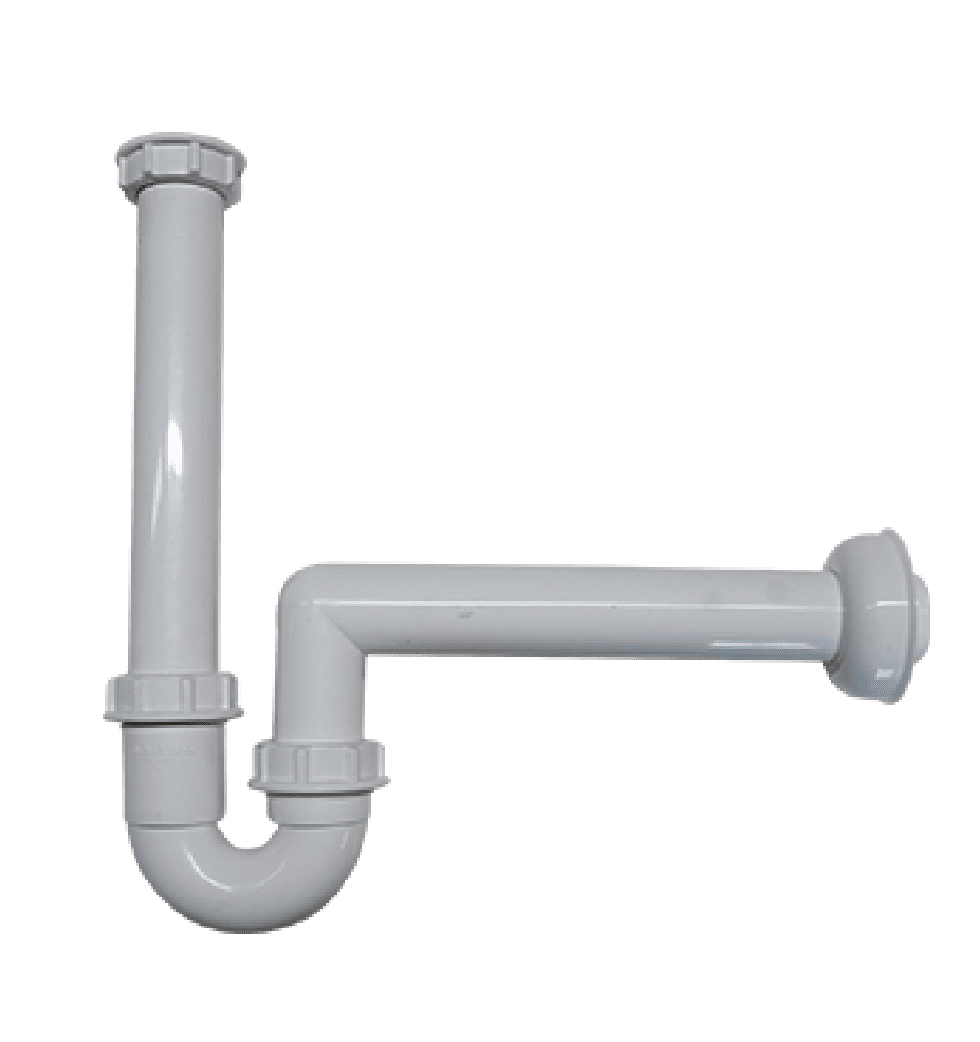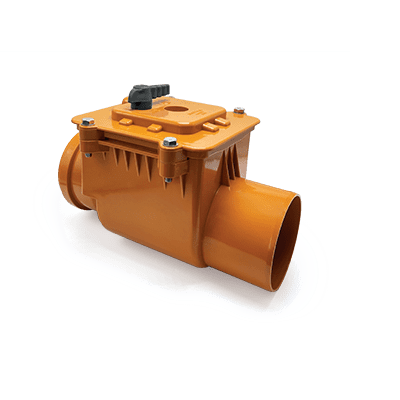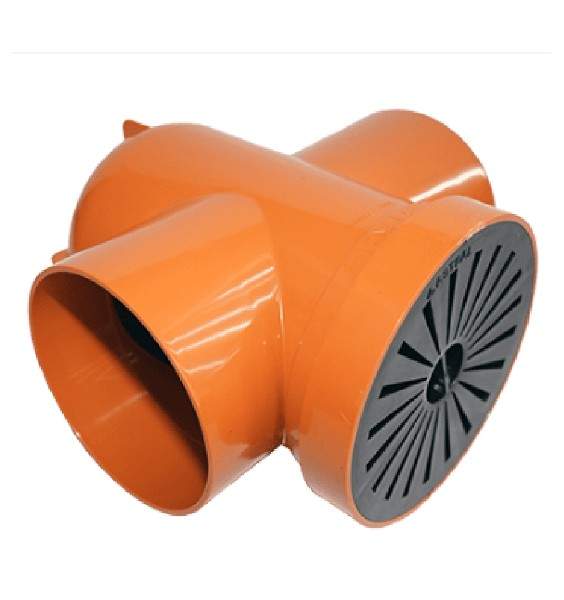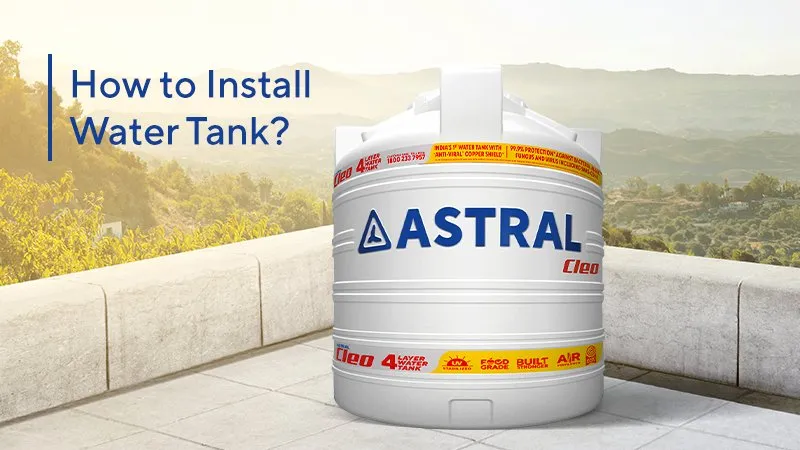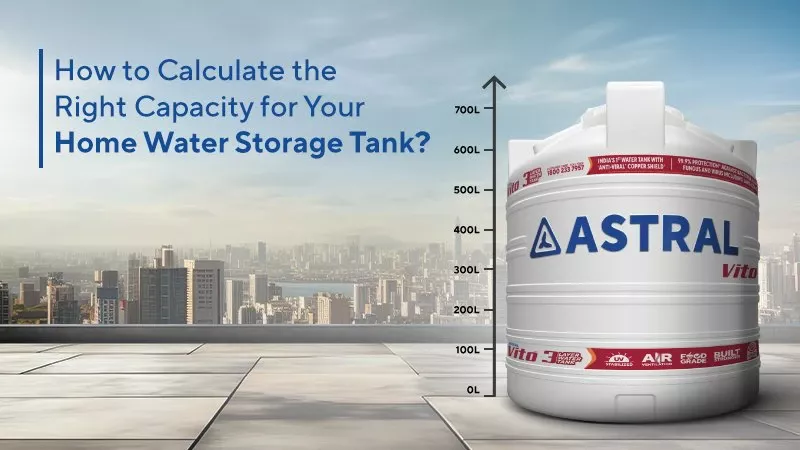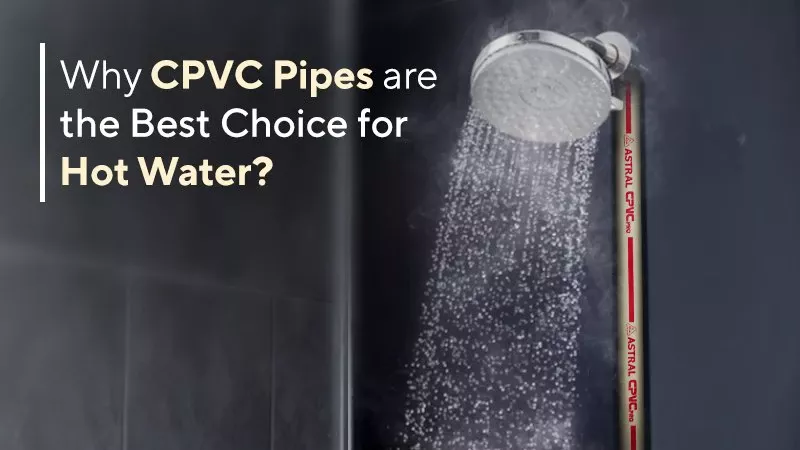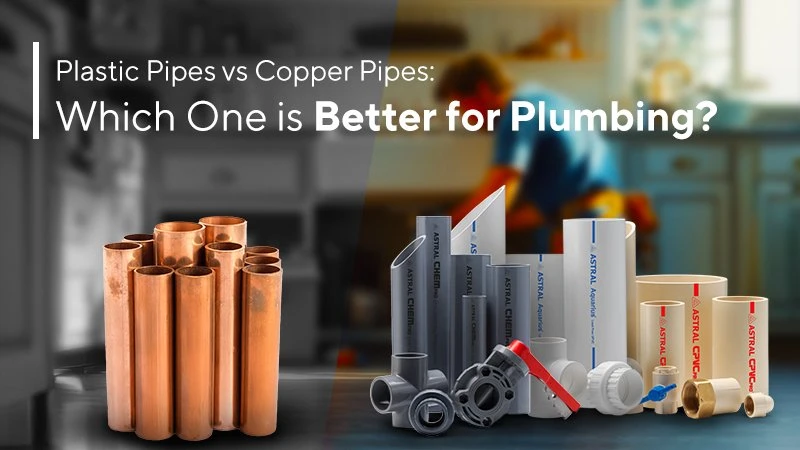
09 Apr 2025
Plastic Pipes vs Copper Pipes: Which One is Better for Plumbing?
The choice of pipes is more important than you might think when it comes to plumbing in India. Water quality, climate conditions, and budget all play a key role in deciding the material for your plumbing pipes. The right type of plumbing pipes can impact your budget, durability, and long-term performance of your entire plumbing system.
Copper pipes and plastic pipes like PVC, CPVC, and PEX pipes are popular and convenient options in the market. While copper pipes are known for their strength, longevity, and heat resistance, plastic pipes are lightweight, corrosion-resistant, and budget-friendly. Each option has its pros and cons, so understanding their differences can help you make the right choice. This guide will break down their key differences and help you decide which one is best for your project.
What are Copper Pipes?
Copper pipes have been a trusted choice in plumbing for decades due to their strength, durability, and ability to withstand high temperatures. They are commonly used in hot and cold water supply, heating systems, and gas pipelines.
Copper pipes are resistant to heat and UV exposure, which is ideal for hot water lines and outdoor applications. However, they require professional installation and that may increase labour costs. Additionally, in areas with acidic water, copper pipes may corrode over time and lead to pinhole leaks. Despite this, copper pipes remain a premium choice for long-term plumbing solutions.
What are Plastic Pipes?
Plastic pipes are widely used in modern plumbing systems due to their affordability, corrosion resistance, and ease of installation. These pipes are made from different materials, each designed for specific applications.
- PVC (Polyvinyl Chloride): Rigid plastic made from a combination of vinyl chloride and plasticisers. Used for cold water supply and drainage.
- CPVC (Chlorinated Polyvinyl Chloride): Similar to PVC pipes but chemically modified with chlorine, allowing it to withstand hot water up to 93°C.
- PEX (Cross-Linked Polyethylene): A flexible plastic pipe made by treating polyethene with cross-linking technology. Ideal for hot and cold water systems.
- uPVC (Unplasticised Polyvinyl Chloride): A non-flexible, lead-free version of PVC, used for high-pressure water supply and agriculture.
Plastic pipes are lightweight, resistant to corrosion and scale buildup, and easy to install using push-fit or solvent-weld joints.
The Difference between Plastic Pipes vs Copper Pipes
Now that we know the two main types of plumbing pipes, let us break down their differences across key factors like cost, durability, installation, and more.
| Factor | Copper Pipes | Plastic Pipes (PVC, CPVC, PEX) |
| Cost | Expensive upfront, high material and labour costs | Affordable, lower material and installation costs |
| Durability and Lifespan | Lasts 70-80 years but can corrode in acidic water | PEX lasts 50 years, PVC over 100 years, |
| Corrosion and Chemical Resistance | Can corrode in hard/acidic water over time | Resistant to rust, scaling, and most chemicals |
| Installation Complexity | Requires professional soldering or brazing, time-consuming | Easier to install, push-fit and solvent-weld joints to ensure quick and efficient installation |
| Flexibility and Space Adaptability | Rigid, needs fittings for bends. They expand and contract easily, which results in developing cracks and reading to leaks. | Flexible and bonded with solvent cements leaving less susceptible to leaks and breakage |
| Performance in High Temperatures | Excellent for hot water systems and heating | CPVC & PEX handle hot water well |
| Impact on Water Quality | Heavy chemicals can leach into to the water stream | Chemicals can not leach into the pipes and contaminate the water |
| Suitability for High Water Pressure | Handles high-pressure systems well | PVC is good for drainage. PEX & CPVC pipe handle moderate pressure |
| Freezing Resistance | Can crack in freezing conditions | PEX expands and resists bursting in cold weather |
| Best Used For | Hot water lines, gas pipelines, heating systems, long-term projects | Hot (CPVC and PEX) and cold water supply, drainpipes, budget-friendly plumbing |
So, now you know how copper pipes differ from plastic pipes for plumbing. While they are both highly durable and heat-resistant materials, each has its unique benefits. If you need high durability, heat resistance, and longevity, then copper pipes are ideal. However, if you want affordable, flexible, and corrosion-resistant solutions, then in that case, plastic pipes are a great alternative.
Choosing the Right Plumbing Solution
Every plumbing system is different, and the right choice depends on your requirements, water quality, and long-term goals. When choosing the right plumbing pipes and fittings, it is important to opt for high-quality and durable solutions. At Astral Pipes, we offer a range of plumbing pipes and fittings designed to suit various kinds of projects. Whether you need hot water durability or easy installation, we offer tested and reliable options to suit your needs. Our focus is on delivering plumbing solutions that are efficient, durable, and built for long-term performance.
FAQ
1. What are copper pipes used for?
Copper pipes are commonly used in hot and cold water supply, heating systems, and gas pipelines due to their durability and high-temperature resistance. They are a preferred choice for high-pressure applications and are often found in residential, commercial, and industrial plumbing where long-term reliability is essential.
2. Are copper pipes safe for drinking water?
Copper pipes are safe for drinking water as they do not leach harmful chemicals. Their natural antimicrobial properties help prevent bacterial growth inside the pipes, maintaining clean and safe water quality. However, in areas with acidic or highly chlorinated water, proper treatment is recommended to prevent pipe corrosion.
3. Is it ok to use PVC pipe for hot water?
Regular PVC is not suitable for hot water as it softens and may warp at high temperatures. Instead, CPVC (Chlorinated PVC) or PEX pipes should be used for hot water applications, as they can withstand higher temperatures without compromising performance.
4. Is PVC good for a house?
PVC pipes are widely used in homes for cold water supply, drainage and sewage systems due to their affordability, corrosion resistance, and ease of installation. However, for hot water plumbing, CPVC or PEX is recommended, as PVC cannot withstand high temperatures.
-

16 Apr 2025
How to Install Water Tank? -

09 Apr 2025
Plastic Pipes vs Copper Pipes: Which One is Better for Plumbing? -

04 Apr 2025
Astral Pipes: Innovation, Quality, and a 25-Year Warranty You Can Trust -

31 Mar 2025
How to Calculate the Right Capacity of Your Home Water Storage Tank? -

25 Mar 2025
Why CPVC Pipes are the Best Choice for Hot Water?


